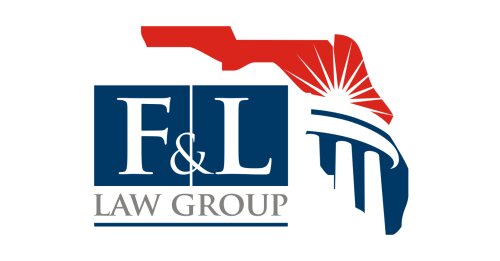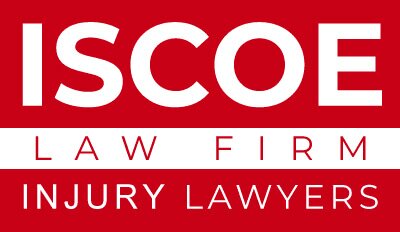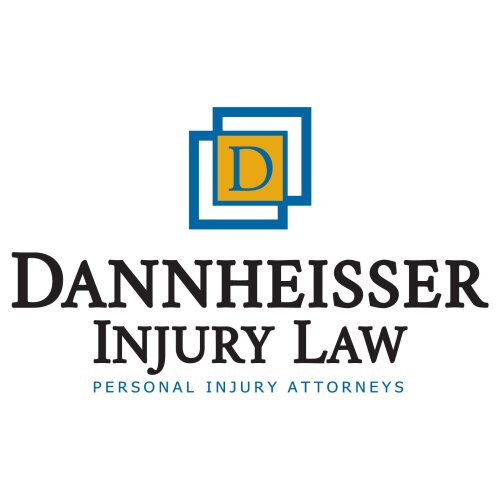Best Brain Injury Lawyers in Florida
Share your needs with us, get contacted by law firms.
Free. Takes 2 min.
Or refine your search by selecting a city:
List of the best lawyers in Florida, United States
About Brain Injury Law in Florida, United States
Brain injury law in Florida addresses the legal rights and protections for individuals who have suffered a traumatic brain injury (TBI) or other forms of brain damage as a result of another party’s negligence, recklessness, or intentional actions. Brain injuries often result from accidents such as car crashes, falls, workplace incidents, assaults, or medical malpractice. The effects of a brain injury can be life changing, impacting a person’s physical, emotional, and financial well-being. Florida law provides avenues for brain injury victims to seek compensation for medical expenses, lost wages, pain and suffering, and other damages through civil lawsuits and insurance claims.
Why You May Need a Lawyer
Brain injury cases can be complicated because they often involve detailed medical evidence, complex legal principles, and negotiations with insurance companies. You may need a lawyer if:
- You or a loved one suffered a brain injury due to someone else’s fault, such as in a car accident or slip and fall.
- An insurance company is not offering fair compensation for your injuries or losses.
- The injury was caused by medical malpractice or errors by healthcare providers.
- There are questions about long-term care, rehabilitation costs, or disability benefits.
- You are unsure how to gather evidence or deal with multiple parties potentially responsible.
- There is a dispute about who was at fault for the injury.
- You need help understanding your rights under Florida law.
A qualified attorney can guide you through the legal process, advocate for your interests, and maximize your chances of obtaining fair compensation.
Local Laws Overview
Key aspects of Florida law relevant to brain injury cases include:
- Comparative Negligence: Florida follows a modified comparative negligence rule. You may recover damages even if you were partly at fault, but your compensation is reduced by your percentage of fault. Effective 2023, you cannot recover damages if you are found to be more than 50 percent at fault.
- Statute of Limitations: Most brain injury cases in Florida must be filed within two years of the date of injury. This deadline might differ in cases involving medical malpractice or injuries to minors.
- No-Fault Insurance: Florida is a no-fault car insurance state. After a vehicle collision, your own insurance typically pays up to a certain limit for your injuries, regardless of fault. However, severe injuries such as significant brain trauma may allow you to step outside the no-fault system and pursue a claim directly against the at-fault party.
- Damages: Injured individuals may be entitled to compensation for economic damages (like medical bills and lost income) and noneconomic damages (such as pain and suffering). In rare cases, punitive damages may be available.
- Medical Malpractice: Florida has specific procedural requirements for medical malpractice cases, including pre-suit investigations and expert witness affidavits.
Frequently Asked Questions
What qualifies as a traumatic brain injury in Florida?
A traumatic brain injury (TBI) is typically caused by a sudden jolt, blow, or penetrating injury to the head. It may result from accidents, violence, or medical errors. Medical documentation is important for diagnosis and legal claims.
How do I prove someone else caused my brain injury?
You must show that another party’s negligence or wrongful actions directly resulted in your injury. This may involve gathering police reports, witness statements, expert testimony, and medical records.
Can I sue for a brain injury if I was partly at fault?
Yes, Florida’s modified comparative negligence system allows you to seek compensation even if you were partly responsible, as long as you were not more than 50 percent at fault. Your recovery will be reduced by your level of responsibility.
How long do I have to file a lawsuit for a brain injury in Florida?
In most cases, you have two years from the date of the injury to file a lawsuit. There are exceptions for certain circumstances, such as cases involving minors or medical malpractice.
What damages can I recover in a brain injury case?
You may be entitled to compensation for medical expenses, lost wages, future care costs, pain and suffering, loss of enjoyment of life, and, in some situations, punitive damages.
What if the brain injury happened at work?
If the injury occurred on the job, you might be eligible for workers’ compensation benefits. Sometimes, you may also have a personal injury claim against a third party if someone other than your employer or coworker contributed to the accident.
Do I need medical documentation for a brain injury claim?
Yes, thorough medical records are crucial for demonstrating the extent and cause of the injury and establishing the case value. Ongoing documentation helps prove both immediate and long-term effects.
How are brain injury settlements calculated?
Settlements consider factors such as severity of the injury, future medical needs, impact on work and life, and degree of fault. Every case is unique, and an experienced attorney can evaluate the likely range of compensation.
What if the responsible party does not have insurance?
You may still have legal options, such as pursuing your own uninsured or underinsured motorist coverage or suing the liable party personally. An attorney can help explore your options.
How can a lawyer help with my brain injury claim?
A lawyer can investigate your case, gather evidence, negotiate with insurance companies, calculate damages, handle paperwork, and represent you in court if necessary.
Additional Resources
- Florida Brain Injury Association - Offers support services, advocacy, and information for brain injury survivors and their families.
- Florida Department of Health - Provides resources on brain injury prevention and rehabilitation services statewide.
- Florida Bar Lawyer Referral Service - Helps individuals find qualified personal injury attorneys in their local area.
- Traumatic Brain Injury Program Florida - Statewide programs for brain injury services, support, and rehabilitation.
- National Institute of Neurological Disorders and Stroke - Information on TBI symptoms, treatment, recovery, and research.
Next Steps
If you or a loved one has suffered a brain injury in Florida, consider the following steps to protect your rights and maximize your chances of a successful legal outcome:
- Seek immediate medical attention and keep all records of treatment and expenses.
- Document the circumstances of your injury with photographs, witness contact information, and written accounts.
- Refrain from making statements or accepting settlements from insurance adjusters before understanding your rights.
- Research and contact an experienced personal injury or brain injury attorney in Florida for legal guidance.
- Gather all relevant documentation, including medical records, employment information, and correspondence with insurance companies, to discuss with your lawyer.
- Follow your medical care plan and attend all follow-up appointments to ensure proper care and ongoing documentation of your condition.
By taking these steps, you can ensure you are prepared to pursue the compensation and support needed to move forward from a brain injury. Legal assistance can help you navigate the complex claims process and advocate for your best interests.
Lawzana helps you find the best lawyers and law firms in Florida through a curated and pre-screened list of qualified legal professionals. Our platform offers rankings and detailed profiles of attorneys and law firms, allowing you to compare based on practice areas, including Brain Injury, experience, and client feedback.
Each profile includes a description of the firm's areas of practice, client reviews, team members and partners, year of establishment, spoken languages, office locations, contact information, social media presence, and any published articles or resources. Most firms on our platform speak English and are experienced in both local and international legal matters.
Get a quote from top-rated law firms in Florida, United States — quickly, securely, and without unnecessary hassle.
Disclaimer:
The information provided on this page is for general informational purposes only and does not constitute legal advice. While we strive to ensure the accuracy and relevance of the content, legal information may change over time, and interpretations of the law can vary. You should always consult with a qualified legal professional for advice specific to your situation.
We disclaim all liability for actions taken or not taken based on the content of this page. If you believe any information is incorrect or outdated, please contact us, and we will review and update it where appropriate.
Browse brain injury law firms by city in Florida
Refine your search by selecting a city.
















